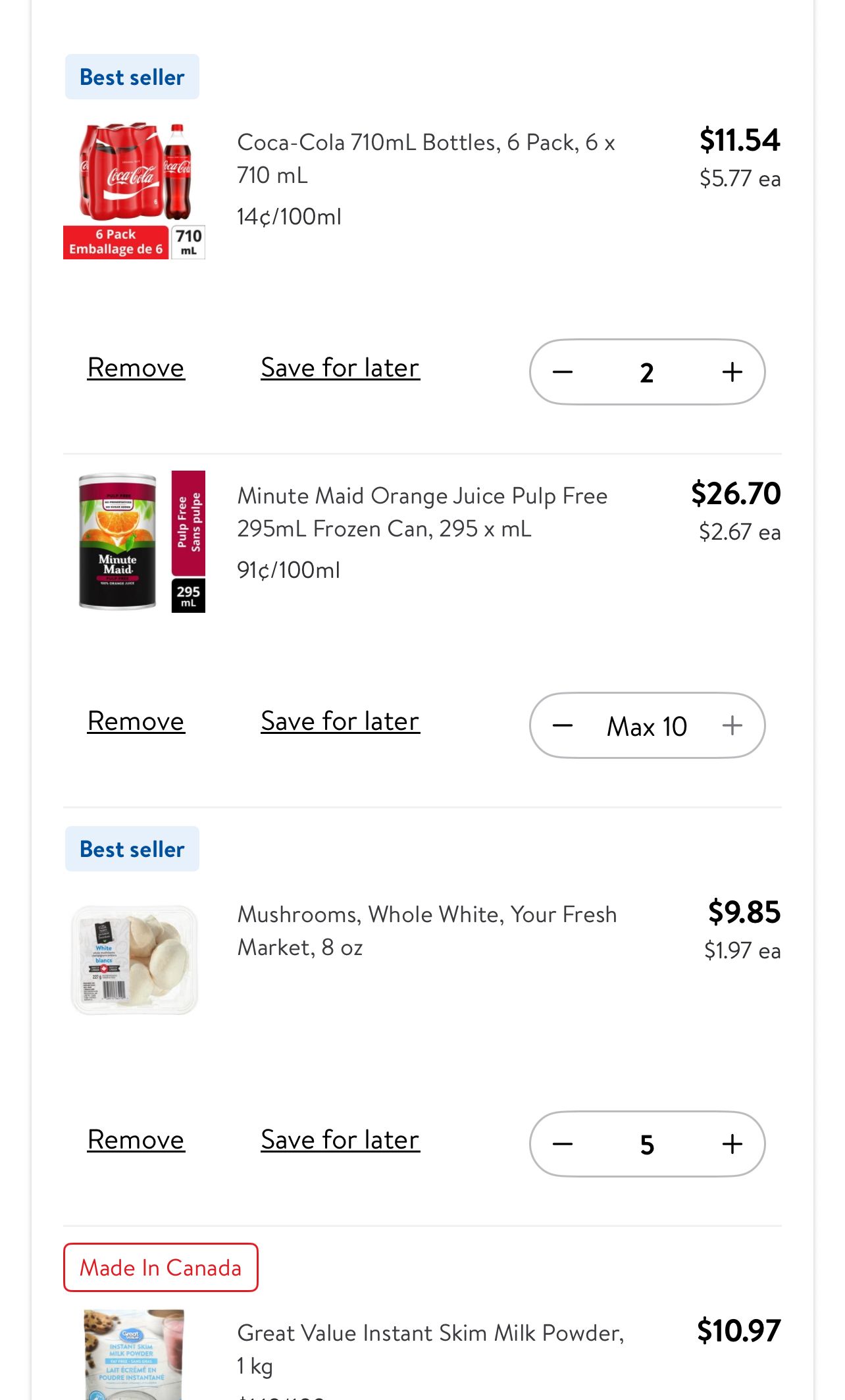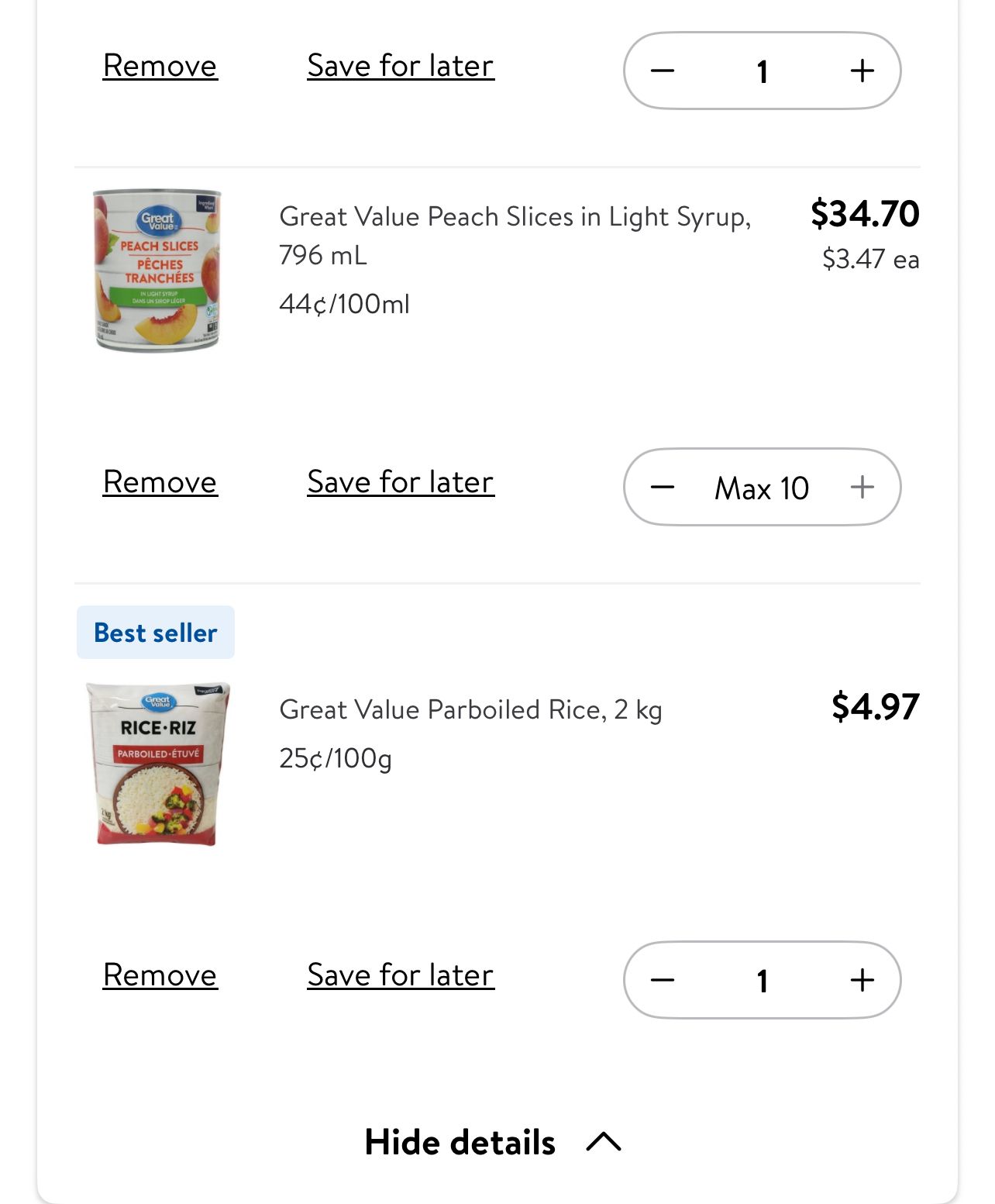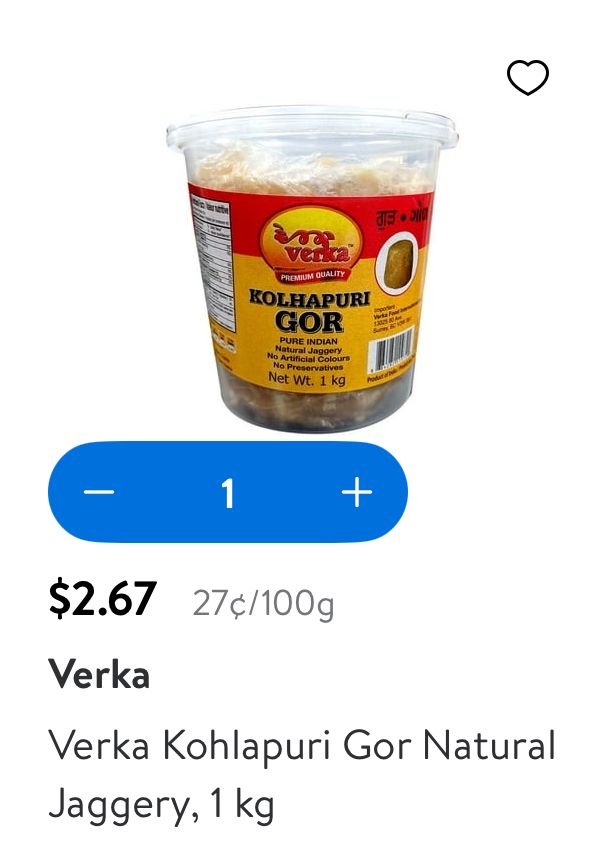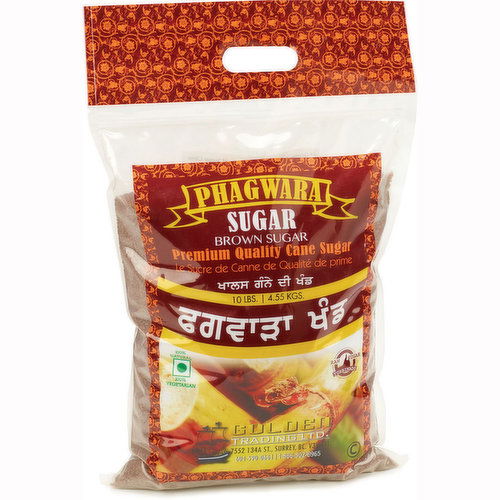For those of you FGF21maxxing or otherwise eating low protein, what are you eating?
-
I'm interested in hearing what all you are eating right now?
I'm doing mostly cane sugar, orange juice concentrate, frozen mango, fresh fruits (peaches and watermelon right now), little bit of honey and maple syrup, white rice, and I've also ordered pitted dates, a lot of them, hopefully I'll get them by tomorrow.
Those are the staples right now. The foods I'm eating with higher amounts of protein (usually only one serving to keep protein lower) are nonfat dry milk, 1% milk (in coffee), gelatin, beef liver, rolled oats (doubles as a carb source), potatoes (same as oats), and oxtail soup (fat skimmed).
I'm also doing this apigenin maxing experiment, so I'm adding celery and parsley to almost everything savory I eat. They add negligible amounts of pretty much everything except micronutrients.
-
My total protein intake on a daily basis ranges between 60-70 grams ordinarily. Sometimes a little lower.
I don't know the total caloric intake, I'm not really counting but I imagine it's lower. It's really hard to cram in nothing but sugar and hit certain caloric goals. So since I normally eat around 2800 calories before I started this, I would imagine I'm getting closer to 2400-2500 calories now.
-
Strawberries with powdered sugar or honey or maple syrup.
watermelon, grape, honey fruit salads.
OJ, Coke, Fanta.
Couple teaspoons of glucose.
Salt, whenever I feel hungry. -
I haven't followed the topic too closely so i'll ask, are there any limitations on potatoes here?
Because if not then a short potato juice protocol may be an option to consider.
-
@Kilgore said in For those of you FGF21maxxing or otherwise eating low protein, what are you eating?:
Strawberries with powdered sugar or honey or maple syrup.
watermelon, grape, honey fruit salads.
OJ, Coke, Fanta.
Couple teaspoons of glucose.
Salt, whenever I feel hungry.Nice, yeah I've made a couple strawberry and raspberry smoothies with sugar I thought were pretty good. I feel like I'm doing some insane Durianrider shit at times, like just pouring sugar on top of fruit and eating it lol. But I really don't know what else to do. If your dead set on getting most your calories from nothing but carbs, it's almost impossible without pouring extra sugar on everything.
-
@BioEclectic said in For those of you FGF21maxxing or otherwise eating low protein, what are you eating?:
I haven't followed the topic too closely so i'll ask, are there any limitations on potatoes here?
Because if not then a short potato juice protocol may be an option to consider.
In the strictest sense maybe, I know a lot of the sugar fasting people are staying away from starch. However it's important to emphasize you don't have to do this to get FGF21 to rise. The most important thing to get FGF21 to increase is reduce the protein intake, specifically BCAA's. I think tryptophan is also a potent FGF21 suppressor, so BCAA and tryptophan restriction.
Both sugar and starch in the context of low protein intake will increase FGF21. I think even some fats, like coconut oil will also increase FGF21. But if you're trying to maximize the glucose oxidation you should obviously limit the fats too. So potatoes would be okay unless you start eating so much potato that the protein gets too high. Technically probably possible, considering potatoes is a moderate protein source.
You could probably take around 3 kilos of potatoes before the protein got too high. The "potato fast" or potato diet was a thing before the sugar diet or honey diet was, and people lost a shit ton of weight doing it. So I would say it's fine in my opinion.
-
@Mulloch94 Why stick to calorie counting when you could just consume what and when you feel like?
-
@Mulloch94 said in For those of you FGF21maxxing or otherwise eating low protein, what are you eating?:
low protein intake will increase FGF21
Hi,
I was trying to understand and made a search:
Why target FGF21 increase beyond compensation or insulin sensitivity?
Adaptive Regulation:
FGF21 acts as a signal for protein restriction, triggering metabolic adjustments to conserve energy and adapt to nutrient availability. While it improves insulin sensitivity, it also influences other metabolic processes like energy expenditure and lipid metabolism.
Is it to regulate LPL cholesterol profile?
Feel free not to develop if you consider this question "private".
-
@Kilgore I'm not really, just sort of interested in knowing if there's any equilibrium established after cutting protein calories. I saw some of those posts on X of people saying they couldn't stop losing weight no matter how much calories they got from sugar.
I guess I'm interested in knowing if they're actually increasing their metabolic rates that high or if they're just eating less calories than they realize. What little I've typed in on cronometer, which isn't pinpoint accuracy really, there's discrepancies in some of their nutrition data and the stuff on the labels I have.
But anyways, ballparking some of the estimates I've done it seems really hard to get where I was before I reduced protein without consciously trying. If I just ate until hunger was satisfied, I wouldn't reach it. Not unless I do some "hacking" like pouring sugar on fruits and stuff, which gets me a lot closer. In fact, I think it's best to do that. Without the extra sugar the calories (for me) gets in that sort of danger zone where it's a little too low, risking downregulation of metabolism.
-
@LucH said in For those of you FGF21maxxing or otherwise eating low protein, what are you eating?:
@Mulloch94 said in For those of you FGF21maxxing or otherwise eating low protein, what are you eating?:
low protein intake will increase FGF21
Hi,
I was trying to understand and made a search:
Why target FGF21 increase beyond compensation or insulin sensitivity?
Adaptive Regulation:
FGF21 acts as a signal for protein restriction, triggering metabolic adjustments to conserve energy and adapt to nutrient availability. While it improves insulin sensitivity, it also influences other metabolic processes like energy expenditure and lipid metabolism.
Is it to regulate LPL cholesterol profile?
Feel free not to develop if you consider this question "private".
I think the main interest in the wider scope of things is it helps "brown" fat deposits and increase the conversion of T4 to T3. There's also some circumstantial evidence (animal models) to suggest it may be anti-fibrotic on certain organs like the liver, possible others, reducing fat accumulation at these sites.
For me, I just like mental clarity of the lower protein higher sugar stuff. I also think in hypothyroid people it can help compensate for a lack of thyroid hormone. My major working theory is it's more related to less gluconeogenesis. Like, the more hypothyroid someone is, the more impaired their ability to store glycogen is. They more aptly convert protein to glucose due to shit like glucagon and cortisol. This also reduces ATP because using protein for energy is very inefficient.
If you reduce protein low enough in these people and increase the sugar high enough the gluconeogenesis will be reduced and the liver can start focusing on other processes besides just making glucose from protein. That includes everything from converting T4 into T3, to processing and removing endotoxins, to exporting fat into cholesterol for hormone production, etc.
However, some of the big names on X have chosen to focus on FGF21. Whatever, I'm not convinced the majority of the benefits are actually from this, but the net result is the same regardless.
-
@Mulloch94 I feel like I eat way less calories while doing this and feel fine. easily sub 2000.
Now, calories get calculated based on how much energy it takes your body to burn them, from what I understand (technically they break the food source down to macro nutrients and have a value assigned to each nutrient then do the math). I feel like this is very wrong, but you could also not possibly calculate true calorie values. There are so many different factors to take into consideration varying person to person. Like, taking a tablespoon of sugar as an insulin resistant obese person will result in different effects to you taking it. So what if you taking "2400 calories" result in much more energy than it is actually calculated by current soyence?
-






- whatever fresh fruits are available for a good price
- cooked greens such as kale, bok choy, spinach
- raw capsicum and raw cabbage
- soy sauce
- eggshells
this all costs approx $15-$20 CAD per day for 3000+ calories.
the skim milk powder is optional. fgf21maxxing requires low protein. the rice actually has a decent amount of protein too, so drop that for faster fatloss.
-
@Mulloch94 coconut oil increases fgf21? interdasting. i use a teaspoon when making a cup of dry weight rice.
-
@Mulloch94 dates get really gross when eating alot of them imo
-
@Mulloch94 said in For those of you FGF21maxxing or otherwise eating low protein, what are you eating?:
I think the main interest in the wider scope of things is it helps "brown" fat deposits and increase the conversion of T4 to T3. There's also some circumstantial evidence (animal models) to suggest it may be anti-fibrotic on certain organs like the liver, possible others, reducing fat accumulation at these sites.
Ok, I understand better.
Let's summarize you do it for more energy and brain clarity, optimizing thyroid and liver.
Thanks for sharing. -
@Kilgore said in For those of you FGF21maxxing or otherwise eating low protein, what are you eating?:
@Mulloch94 I feel like I eat way less calories while doing this and feel fine. easily sub 2000.
Now, calories get calculated based on how much energy it takes your body to burn them, from what I understand (technically they break the food source down to macro nutrients and have a value assigned to each nutrient then do the math). I feel like this is very wrong, but you could also not possibly calculate true calorie values. There are so many different factors to take into consideration varying person to person. Like, taking a tablespoon of sugar as an insulin resistant obese person will result in different effects to you taking it. So what if you taking "2400 calories" result in much more energy than it is actually calculated by current soyence?
I definitely think there's some truth to this. I mean I know there is really. People that are diabetic or hypo waste a lot of glucose, and the most important thing with caloric intake of ANY kind is how much ATP is being generated from thew foods we eat. Diabetes, intestinal issues, hypothyroidism all alter these variables. I keep thinking back to that interview where Ray said he use to eat like 7,000 calories (? iirc) before he got on thyroid medicine. But taking thyroid made him able to eat a more normal based diet. Essentially started using his calories more sufficiently.
-
@sunsunsun said in For those of you FGF21maxxing or otherwise eating low protein, what are you eating?:






- whatever fresh fruits are available for a good price
- cooked greens such as kale, bok choy, spinach
- raw capsicum and raw cabbage
- soy sauce
- eggshells
this all costs approx $15-$20 CAD per day for 3000+ calories.
the skim milk powder is optional. fgf21maxxing requires low protein. the rice actually has a decent amount of protein too, so drop that for faster fatloss.
Nice, thanks for some of the extra ideas. I didn't really think about fruit jams and stuff. We use the same brand of powdered milk haha.
Yeah the rice I calculated to be at around 5-6 grams of protein per cup...that's cooked. So if you get a cup of dry rice and cook it, you'll end up with about 3 cups of cooked rice. If you ate all that you'd get like 15-17 grams of protein. So it adds up.
Actually one food I've been eating that I forgot to list was glass noodles. They're really good and versatile. Almost pure starch and no protein. A better alternative to rice if you're trying to keep the protein lower.
-
@sunsunsun Yeah, at least that's what some account said on X. Take it with a grain of salt. One teaspoon of coconut oil would probably be enough to get the benefits.
I have tried more lenient versions of this, where the protein is still kept LOW but being a little more liberal with the fats. That actually didn't feel bad for me either. Better than high carb, moderate protein, and low fat. But I have noticed a pretty drastic mental boost from just dropping the fats even lower.
-
@Mulloch94 good because coconut oil makes white rice taste really good
-
I think I’m having symptoms of fructose malabsorption on fruit till noon/ honey diet. Cramps, softer and liquid stool, un digested pieces of fruit in stool.